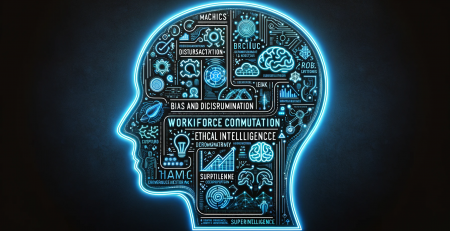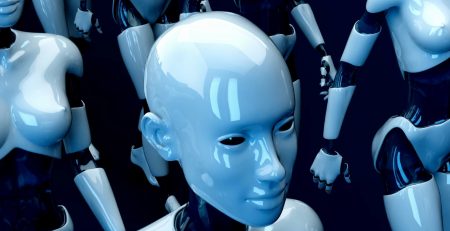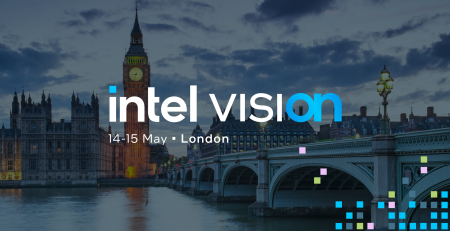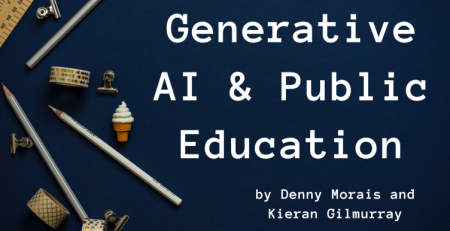10 Emerging Careers in the Age of AI and One Massive New Role
As AI capabilities advance, workplaces will give rise to novel career paths that merge human workers with artificial intelligence. This represents the next frontier of opportunities for professionals willing to adapt and upskill. Those who embrace AI can create careers that are resistant to potential disruptions. Those that don’t, risk obsolescence.
So, what 10 new roles might we see in the coming months and years and how one role in particular, may dominate all others?
1. Prompt Engineer:
Given AI’s limitations in grasping true intent and context, prompt engineers are crucial for providing comprehensive and unambiguous instructions to AI models. Prompt engineering refers to crafting precise prompts or instructions for large language models like ChatGPT, Gemini, etc. Prompts act as the initial input that guides an AI system’s output.
Prompt engineers unlock an AI model’s capabilities by crafting precisely worded prompts that elicit accurate and relevant outputs from AI systems. As AI usage grows across businesses, demand for prompt engineering expertise will significantly increase.
2. AI Trainer:
AI trainers develop and refine the language models and algorithms that power AI systems. Their primary role is to train these AI models to understand and communicate in natural, human-like ways.
The AI Trainer role focuses on instilling appropriate linguistic skills like intent recognition, sentiment analysis, contextual comprehension, and conversational fluency into AI applications such as chatbots and virtual assistants.
3. AI Auditor:
An AI auditor assesses AI systems’ functionality, performance, and compliance with legal regulations and responsible AI standards. Auditors work to ensure that AI tools function correctly reducing risks such as AI bias or security vulnerabilities. Additionally, AI Auditors conduct audits to assess whether AI systems meet legal requirements and industry standards. Their insights into AI technologies’ strengths and weaknesses enable organisations to leverage these systems to enhance performance, efficiency, and effectiveness.
4. AI Ethicist/Ethics Expert:
The importance of AI ethicists in guiding the ethical evolution and application of AI technologies cannot be overstated. The notorious public misstep of Microsoft’s Tay chatbot highlights the urgent need for AI outputs to adhere to ethical standards and reflect cultural sensibilities.
AI ethicists are tasked with delving into the ethical quandaries that arise in both the creation and utilization of AI technologies. Moreover, their expertise is pivotal in shaping ethical guidelines that encourage the conscientious deployment of AI.
5. Machine Manager:
Machine managers oversee the day-to-day performance of automated AI workflows. Their efforts ensure that AI models perform at optimum levels at all times. In addition, they are also responsible for managing the resources needed to power these systems. Machine managers ensure that AI systems have the necessary computing power, data access, and storage capacity AI model and applications require to function correctly.
6. Data Detective:
As AI systems become more advanced, the role of data detectives will grow in importance. Data detectives professionals investigate complex datasets to uncover insights into consumer behaviour and operational inefficiencies. Organisations depend on AI-driven data analysis for strategic decision-making leveraging AI’s capabilities to process and make sense of structured and unstructured data. Data detectives apply human judgement to interpret AI-generated findings contextually. These professionals bridge the gap between AI’s computational prowess and human domain expertise.
7. Cybersecurity Analyst:
Cybersecurity analysts implement security measures that maintain data integrity and prevent adversarial attacks. As AI systems become more prevalent, malicious actors will attempt to access or manipulate training data, impacting AI models performance e.g., gain access to IP, customer data or introduce harmful bias into AI models to damage a company’s reputation. Cybersecurity analysts proactively identify and mitigate such risks.
8. AI Business Strategist:
AI business strategists help companies leverage AI effectively. These professionals analyse business needs and develop strategies to implement AI solutions. They ensure AI aligns with a business’s goals.
Examples of their work include using AI for customer service chatbots, predictive maintenance, retention analytics, or personalised marketing. These roles bridge the gap between AI capabilities and the business.
9. Data Broker:
Data brokers play a crucial role in developing and deploying AI systems. They provide the fuel for AI models—data. Data brokers collect and process data from public records, online activities, consumer transactions, connected devices, etc. They curate, clean and structure this data to sell or license it to companies. Organisations can then use that structured data to train AI systems.
For example, the consumer data they provide can be used by organisations for targeted AI marketing campaigns. Similarly, data provided by medical data brokers enables AI models to become more efficient at drug discovery or medical diagnosis. Data brokers will become key enablers powering AI innovation across industries.
10. AI Explainer:
AI explainers help make AI systems understandable to laypeople. They identify factors influencing AI’s decisions and create user-friendly visualisations to describe them. These help business users and individuals comprehend how AI operates and how it can benefit them.
For example, AI explainers can clarify the reasoning behind an AI diagnosis recommendation in healthcare to a non-technical health-care audience. For autonomous vehicles, they might outline how driving decisions are made. They are essential for responsible AI adaptation across industries.
11. The big one: The Chief Generative AI Officer
Given the rapid evolution of AI and its integration into every industry, it’s conceivable that a Chief Generative AI Officer will emerge. As generative AI takes on a significant strategic role in every business the Chief Generative AI Officer will become responsible for overseeing the development, deployment, and ethical use of generative AI technologies within their organization. Their responsibilities will include business strategy development and product innovation and direct leadership influence across every business function through the strategic use of generative AI technologies.
Looking Ahead: Navigating the Future of Work with AI
AI has found applications across a wide variety of fields, including medicine, finance, law, and marketing, not as a replacement for human labour, but as a tool to enhance decision-making. The collaboration between humans and machines opens a world of limitless opportunities.
By embracing and mastering these advanced technologies, individuals can boost their careers and productivity, establishing themselves as invaluable assets. The future favors those who view AI as a partner rather than a rival. The pivotal question now is, are you prepared to embrace this future?
End.
My New Book : The A-Z of Generative AI – A Guide to Leveraging AI For Business

If you would love to learn more about generative AI, then you will love my new book. Check it out on Amazon Amazon.com: The A to Z of Generative AI: A Guide to Leveraging AI for Business eBook : Gilmurray, Kieran, Gomez, Olivier : Kindle Store. And my first book has just been released on audible https://ow.ly/YnGl50ReKTb.









Leave a Reply